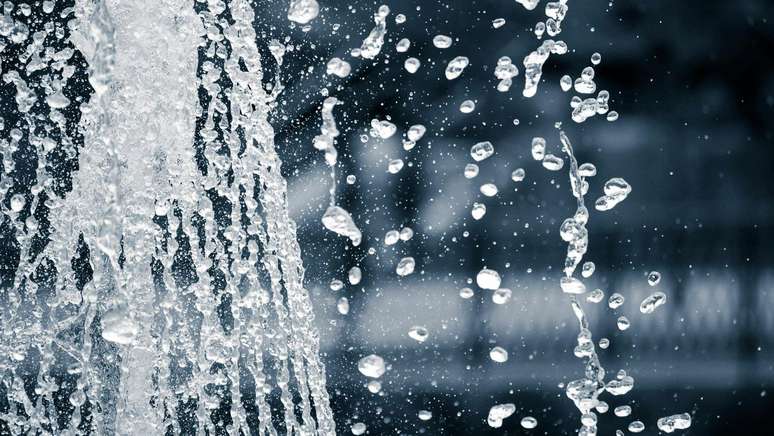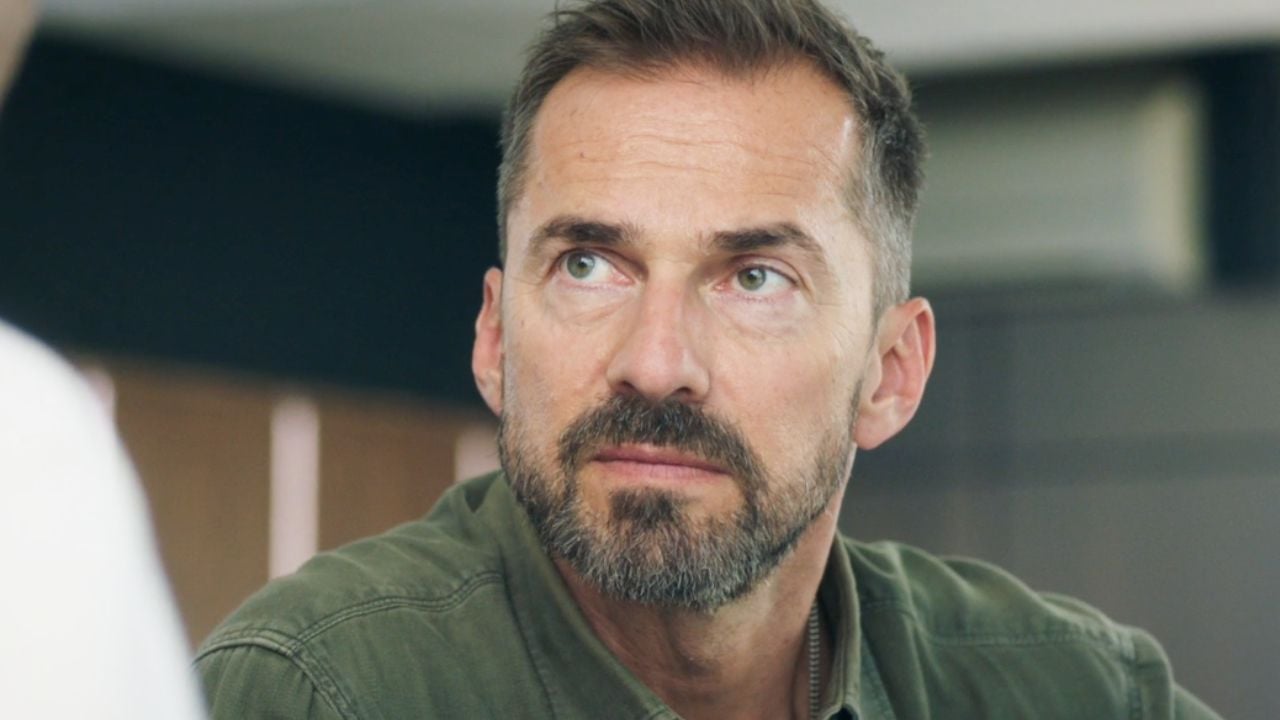World Water Day (22 March) was established by UNESCO to promote awareness of water resources management and sustainable policies
This Friday (22nd) we celebrate World Water Day. The event created by UNESCO aims to raise awareness of the importance of factors such as the sustainable management of water resources. This year the theme is “Water for Prosperity and Peace”.
- How to preserve water? See saving tips!
- Water shortages could affect more than 70 million Brazilians by 2035
Every year, World Water Day accompanies a Global Report on Water Resources Development (World Water Development Report – WWDR), created by UNESCO to draw attention to possible sustainable water and resource policies that can help achieve this mission.
The occasion is also associated with the Intergovernmental Hydrological Program (IHP), which throughout the year promotes scientific knowledge to help countries manage water resources sustainably.
Sustainable management
In an interview with Canaltechenvironmental engineer Alessandro Bertolino – PhD in Urban Management and professor at the Pontifical Catholic University of Paraná (PUCPR) – explains that sustainable water management presents challenges linked to issues of quantity and quality.
Regarding the management of the quantity of water, the specialist explains that the challenges are initially linked to the demand for water due to population growth in some regions, industrial development and agriculture, which can require significant quantities of water.
“Another challenge also adds to the issue of water distribution: leaks in supply systems,” he explains.
Regarding water quality, Dr. Bertolino states that “environmental degradation can further increase the costs of treatment, which end up being passed on to consumers” and that this degradation can be caused mainly by human occupation of nearby areas to water resources associated with poor management of domestic waste and effluents. and industrial.
This means that even if some places have water available, the cost of treatment may become financially or technically unsustainable. “Consequently, in some cases, it is necessary to build large plants that bring water from very far away for public supply to take place,” explains the professor.
Protection against natural hazards
The occasion also raises questions about stormwater management in the event of torrential rain, keeping in mind consequences such as:
- Floods
- Flooding
- It slides
“The increasing sealing of the soil and the occupation of areas at risk contribute to the increase in losses caused by these events. Furthermore, water-borne diseases can be mentioned which are also associated with environmental degradation”, reiterates the expert.
Climate changes
You can’t talk about water without mentioning water climate change and its worrying consequences that conquer the entire planet. To give you an idea, the the high ocean temperature has reached a record in February, according to a report by the EU’s Copernicus Climate Change Service (C3S).
A journal study Advances in atmospheric science also revealed that the High ocean temperatures triggered extreme weather events in 2023.

In addition to concerns about ocean warming, Dr. Bertolino estimates that “the precipitation regime historically observed in some locations is showing new trends” and “the degradation of forests and the emission of greenhouse gasesthey can also alter climate dynamics on different scales.”
Public awareness
It is important to recognize that society can contribute with attitudes and the environmental engineer makes some recommendations:
- Manage and dispose of your waste correctly
- Make the correct connection to the sewerage network where available
- Adoption of more permeable areas to avoid accumulations of water on surfaces
- Adopt wastewater reuse or rainwater use when possible
- Avoid waste
But for this to happen, people must understand that they are part of a larger system and that their actions can impact water management.
“The first step is to improve education, especially early childhood education, since children are more open to problems related to the environment and can be disseminators of habits and ideas”, declares the professor.
The conclusion of this World Water Day is that public authorities must work so that environmental education and awareness campaigns are more effective and so that there is a sense of ownership on the part of the population.
Source: UNESCO
Trends on Canaltech:
- WhatsApp has a new look on Android with the bottom bar
- Has Instagram crashed? The network disconnects users this Thursday (21st)
- PS5 update improves DualSense audio
- Perhaps the Sun is already at maximum activity. What does it mean?
- The solar flare causes radio blackouts and others may occur
- After all, Galaxy S22 could receive Galaxy AI
Source: Terra
Rose James is a Gossipify movie and series reviewer known for her in-depth analysis and unique perspective on the latest releases. With a background in film studies, she provides engaging and informative reviews, and keeps readers up to date with industry trends and emerging talents.









